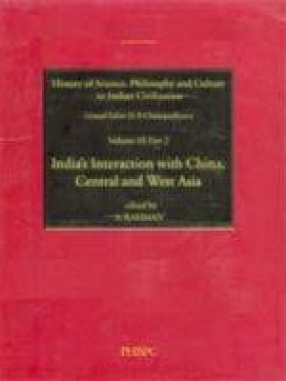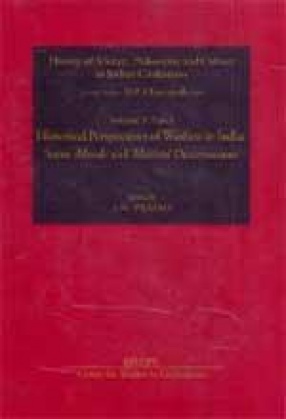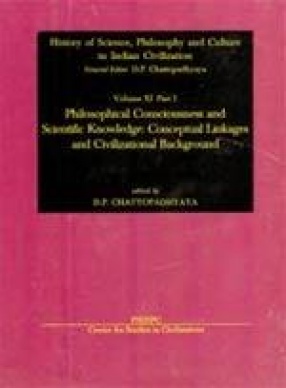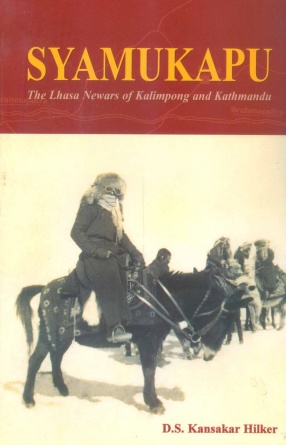Sale
History of Science, Philosophy and Culture in Indian Civilization: Philosophical Consciousness and Scientific Knowledge: Conceptual Linkages and Civilizational Background (Volume XI, Part I)
Synopsis
The volumes of the Project on The History of Science, Philosophy and Culture in Indian Civilization aim at discovering the main aspects of India’s heritage and present them in an interrelated way. In spite of their unitary look, they recognize the difference between the areas of material civilization and those of ideational culture. The Project is executed by scholars with different ideological persuasions and methodological approaches and is marked by ‘methodological pluralism’. In spite of its primary historical character, this Project, both in its conceptualization and execution, has been shaped by many scholars drawn from different disciplines. It is for the first time that an endeavour of such a unique and comprehensive character has been undertaken to study critically a major world civilization like India. Philosophical Consciousness and Scientific knowledge: Conceptual Linkages and Civilizational Background is the first of a set of four launching volumes purported to broach the basic themes of the subject, Consciousness, Science, Society, Value and Yoga (CONSSAVY). This sub-project is a part and extension of the ongoing Project of History of Indian Science, Philosophy and Culture (PHISPC). The main issues that figure in the very title of this volume are indicative of its scope and contents. First, philosophical studies in consciousness have their presuppositions as well as implications. Secondly, in order to understand clearly the said pre-suppositions and implications, the intended reader group needs to be introduced at least to some core concepts of philosophy and science in their modern sense. Thirdly, since this work is cross-disciplinary in its orientation, the conceptual linkages between science and philosophy have been explored by distinguished philosophers and scientists in several contributions to this publication. Finally, a conscious attempt has been made in many papers of this work that every branch of valid knowledge, philosophy or science, however theoretically abstract it may be, has its practical moorings and the same are temporarily traceable. From the available history of philosophy and science it is found that these disciplines were integrated in the ancient times. Differentiation has been due to endlessly increasing specialization within each discipline. Even today many philosophers and historians of science are studying carefully the relation between different strata of disciplines. The emphasis on the above issues is intended, among other things, to avoid the extremes of reductionism, mistakes of value-fact dualism, and to clarify the connection between theory and practice, experience and experiment, discovery and legitimization of truth-claims. In an anthology like this, difference in pre-suppositions and conclusions of the contributors, cannot be ruled out. Respect for the freedom of thought, a hallmark of the Project, has been tempered by commitment to reasoning. This book, primary meant for fairly educated readers, is likely to be of interest to the researchers in the areas of social and natural science, and the reading public.
Read more
48.89
44.001
$
88.89 $
Free delivery Wolrdwidе in 10-18 days
Ships in 1-2 days from New Delhi
Membership for 1 Year $35.00
Get it now and save 10%
Get it now and save 10%
BECOME A MEMBER
Books by the same author
-

Ways of Understanding the Human Past : Mythic, Epic, Scientific and Historic
-

History of Science, Philosophy and Culture in Indian Civilization: Developments in Indian Philosophy from Eighteenth Century Onwards: Classical and Western (Volume X, Part I)
-

History of Science, Philosophy and Culture in Indian Civilization: Interaction with China, Central and West Asia (Volume III, Part II)
-

History of Science, Philosophy and Culture in Indian Civilization: Historical Perspectives of Warfare in India: Some Morale and Material (Volume X, Part III)







Bibliographic information